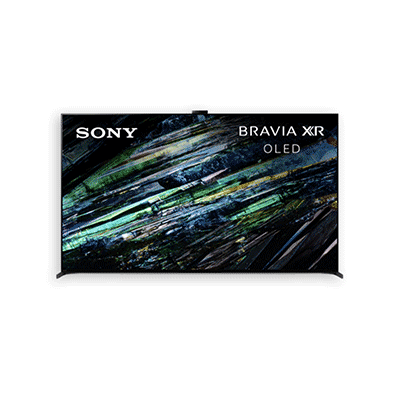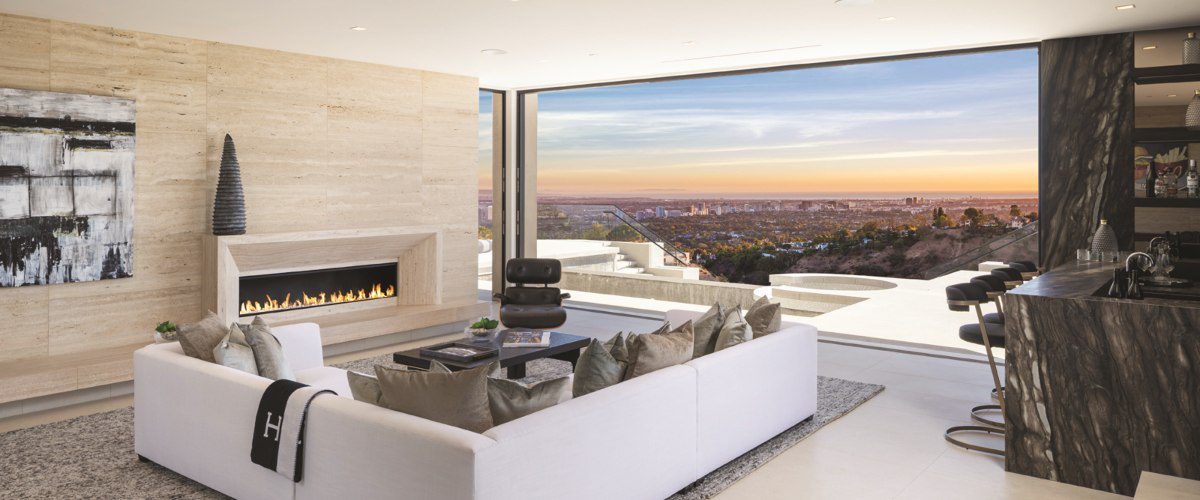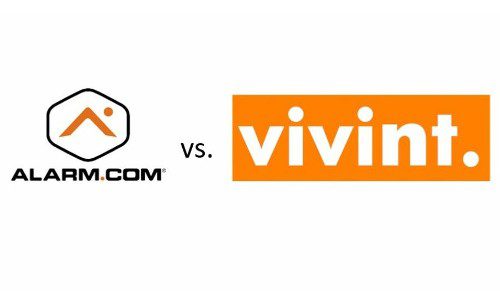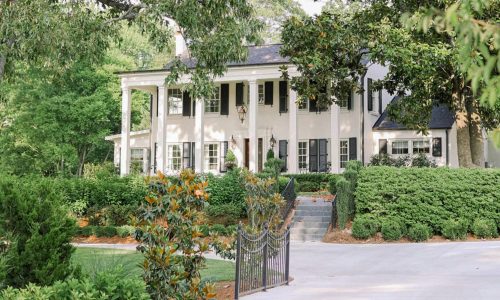Custom integrators have been selling and designing solutions for the “smart home” long before that phrase caught on in the mainstream. The question now is, besides creating a smart home for your clients, will you also give them a “healthy home”?
The trend of biophilic design and home wellness technologies is catching on fast in the custom channel — and for those who do commercial work the same concepts are being applied to buildings too — and it’s easy to see why. Sure, things like 4K/8K video and Dolby Atmos home theater have provided a spark for some companies, but they are more evolutionary integration business opportunities.
Getting into biophilia and wellness is something that can fuel a whole new business model for intrepid integrators, an exciting differentiator and one that seems to be resonating right now.
Biophilia Buzz Builds Momentum
CE Pro has deemed the category important enough to cover happenings in its own “Wellscapes” news department (see page 12); from what we’ve read, heard and seen just in the past year, we’d be doing the industry a disservice to continue lumping it in with the Networking+Controls department.
If you take a look at this issue’s coverage, you’ll note that influential industry groups are embracing this trend in a big way — editor Julie Jacobson attended Azione Unlimited’s fall conference in Seattle, where the group highlighted new partnerships with companies such as Pure Wellness and Bryte, on top existing relationships with leading circadian lighting proponents Vantage and Savant (see sidebar Q&A), and color-tunable lighting providers Circa Lighting, Breakthrough Lighting, LumaStream and USAI.
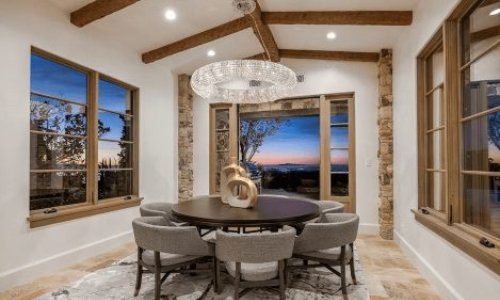
The Future of Digital Lighting & Control
As a custom integrator, lighting is in demand. Effective communication, education and showcasing the value proposition of LED light fixtures in conjunction with integrative control systems are the keys to overcoming challenges and closing sales in this specialized market. Join us as we discuss the future of digital lighting and control with David Warfel from Light Can Help You and Patrick Laidlaw and Mark Moody from AiSPIRE. Register Now!Meanwhile, around the same time as Azione’s conference, the HTSA (Home Technology Specialists of America) group held its own fall gathering (see December 2019 issue, page 8) where attendees swelled with excitement around the HTSA’s partnership with Delos. The company’s DARWIN home wellness intelligence platform was introduced to HTSA members the previous year and since that time about two dozen dealers have gone through a specialized Delos sales and technology training program.
“Part of the whole program is about ‘writing the proper prescription’ for that homeowner, to use the terminology,” says Jan Vitrofsky of HEDsouth in Florida, who has worked closely with Anthony Antolino, Delos’ head of residential business and CMO who came on board in September 2018.
“It’s about controlling the narrative when you meet with a client. ‘You want to know what the coolest thing is in technology, it’s not streaming music, it’s not AppleTV … it’s about how you live longer and live a better quality of life. Would you be interested in that?’”
Vitrofsky recalls working on a project with a builder who had connections to Delos as it was getting started with its residential business model — commercial buildings and hospitality came before that for the company, whose research led to its launch of the WELL Building Standard in 2014 before expanding into residential in 2018. The builder asked Vitrofsky if he knew about circadian rhythm lighting.
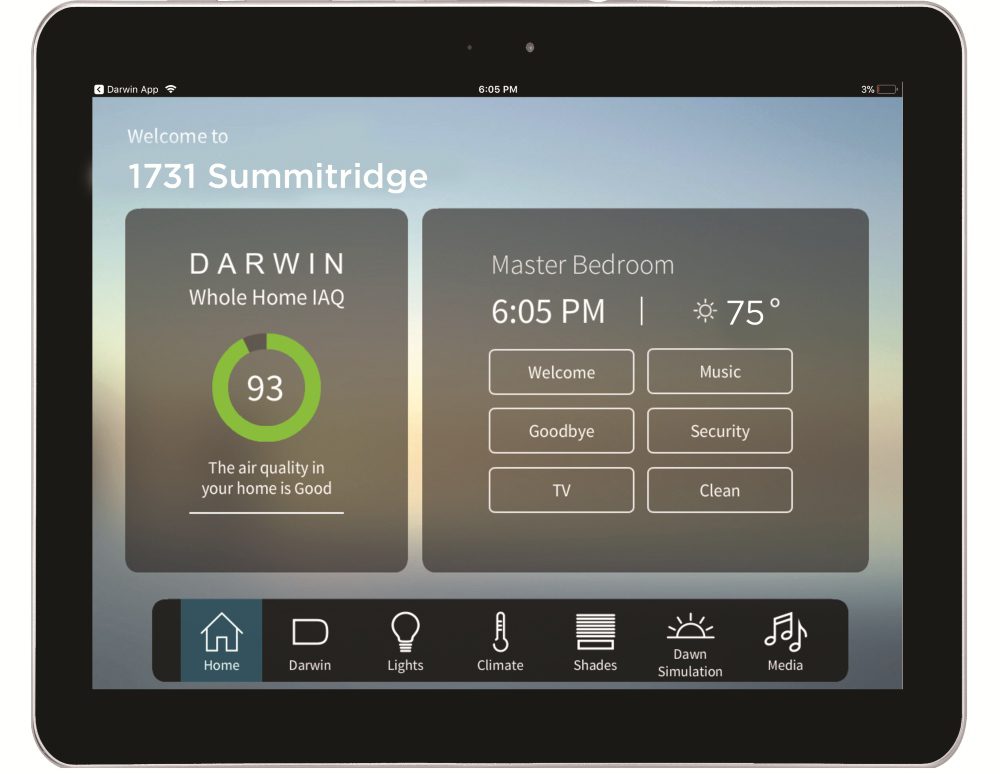
“I was like, ‘Are you serious? I don’t know anything about it.’ He said, ‘Google it, find out about it. We need to introduce you to these guys — it’s the next hot thing.’ So I did my homework, went out to California, which is the hotbed of wellness and spirituality and everything sustainable, and saw this big movement of what was going on in the luxury segment of the marketplace associated with wellness,” Vitrofsky says. “I thought, wow … we need to bring this to the system integration channel.”
And speaking of California, Vitrofsky teams with Southern California-based electrical and lighting/shading specialists Ofer Abutbul (Powerfull Electric) and Shalom Illouz (Powerfull Systems), and has an HEDsocal office to cater to that hot wellness market. The company’s website touts wellness solutions and educates on the healthy home’s key features such as indoor air quality, water quality and circadian rhythm/body clock influences like lighting and temperature. Besides Delos, the integrator offers brands such as Savant, Crestron, Lutron/Ketra, USAI and Apure.
Healthy Interest in Healthier Home
Shortly after the Azione and HTSA conferences shed further light on wellness and biophilic solutions, the topic was again in the spotlight as part of the CE Pro Summit held in November in Fort Worth, Texas. Just like the Azione and HTSA groups, many of the country’s top integrators were gathered and learned about how the category was impacting the channel.
Like HEDsouth and HEDsocal, integrator Don Ham has created a business model around the healthy home ecosystem and biophilic design, and he talked about it during the Summit. When you look at biophilia, such systems incorporate air and water quality and circadian, or human-centric, lighting, but also seek to create more of a connection to the environment and nature since we spend so much of our time indoors. Based in Mt. Kisco, N.Y., in Westchester County outside of New York City, Refresh Smart Home does all of the above, including things like integrating organic scents (flowers, leaves, earth, grass, herbs, fruits) and soundscaping (nature sounds).
“Pretty much the concept is because we spend over 90% of our time indoors, a lot of it in an artificial setting we try to change that now — for example, lights with human-centric lighting. Also fragrances — we light candles but a lot of people don’t know what that’s doing to us when we inhale, and also colognes and perfumes … in reality 30% of the 2,000 constituents of the chemical makeup are actually known carcinogens,” Ham explains about some of the harm people are doing indoors and not even realizing it.
“It’s a great opportunity to educate people. We want to be able to educate and offer people ways in which they can optimize their homes or their offices for their health and the health of their families.”
Ham notes that understanding of the category certainly took some time for prospective customers. Refresh Smart Home started making inroads several years ago, but activity and traction has noticeably picked up more recently.
“Just to touch on a bit of the evolution over the last five years, when we first started to talk to our clients about the healthy home, people just didn’t get it. They would just say, ‘Thank you for the information,’ and there wouldn’t be a lot of traction,” Ham says. “But about two years ago was really when we started seeing things pick up.”
He cited greater awareness overall thanks to more coverage in the media and more widespread research about related topics.
“As more people read the research data, that statistics that show the effects of these things, their starting to think about, ‘Well, what about my built-in environment?’ And that’s really what’s been able to open up the conversation a lot more,” he says.
He pointed to some of the research, such as an Eco Pulse 2018 study in which owners listed “making my home healthier/safer” as one of the top two responses for priorities on “spending money on my home,” and 68% believe their house has a strong impact on their health.
If you enjoyed this article and want to receive more valuable industry content like this, click here to sign up for our digital newsletters!


